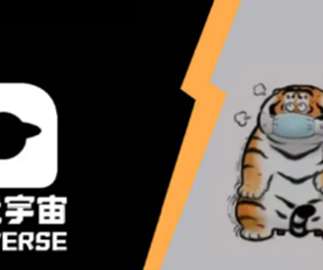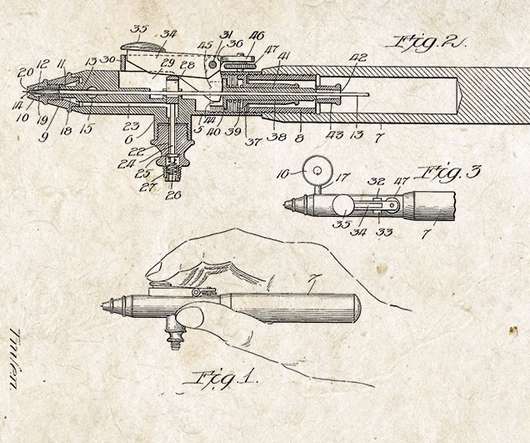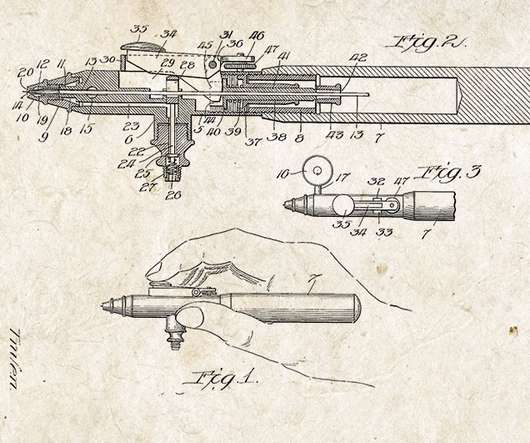IP Protection of NFTs: A Comparative Look at the US and China
IP Tech Blog
JANUARY 4, 2023
Given that NFTs are the result of digital work that is transported in images, videos, photography and other forms of digital media, copyright seems to be the closest IP right to protect both the source code of the digital work, as well as its derivative works. Ownership and Enforcement. Copyright Ownership.












Let's personalize your content